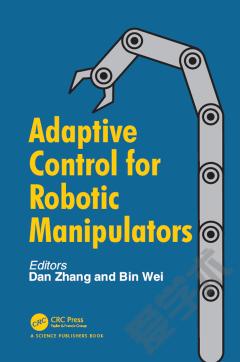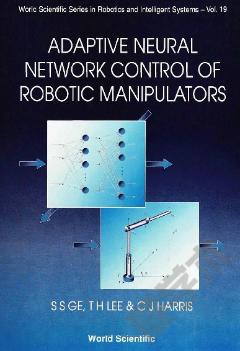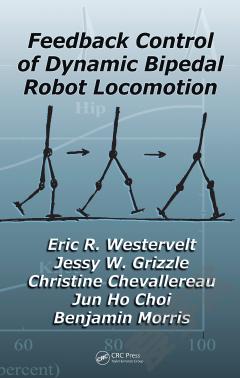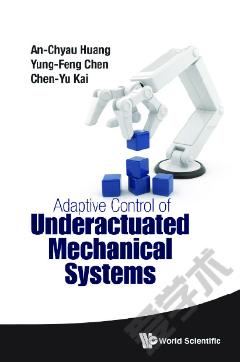Adaptive Control for Robotic Manipulators
The increasing importance of machine learning in manipulator control is reviewed from two main perspectives: modeling and learning control. The chapter starts with an introduction to history and theory of Model Reference Adaptive Control (MRAC) and its application to manipulator control. Least Square Minimization (LSM) regression is highlighted as the machine learning element in indirect MRAC that seeks to fi nd unknown parameters from a number of data points. The limitations of indirect and direct MRAC are identifi ed. Specifi cally, indirect MRAC is limited by the need for persistent excitation and the use of simple modeling assumptions that lead to undesirable control performance. Direct MRAC is limited by reference model mismatch, adaptation rate, choice of control law, and relying on error feedback correction with the frequent consequence of stability and adaptation problems. Moreover, neither direct nor indirect MRAC can handle state and input constraints which are important in the control of robotic manipulators. Machine learning techniques offer the promise of overcoming these limitations. Recent developments include Concurrent-MRAC which is able to alleviate the persistent excitation requirement for LTI systems and may have application to the control of robotic manipulators. The chapter covers the broader contributions of machine learning to recent developments in manipulator control that combine learning and adaptation. This includes: (i) the use of advanced modeling methods such as Mixture Models and Neural Networks and (ii) learning control methods such as Iterative Learning Control and modern Reinforcement Learning and their relation to adaptive control. State and input constraints are identifi ed to be one of the signifi cant remaining challenges in manipulator control. Model Predictive Control (MPC) is introduced as the control method that can handle state and input constraints in its formulation. A number of recent attempts to incorporate learning capabilities in MPC are discussed.
{{comment.content}}








 京公网安备 11010802027623号
京公网安备 11010802027623号